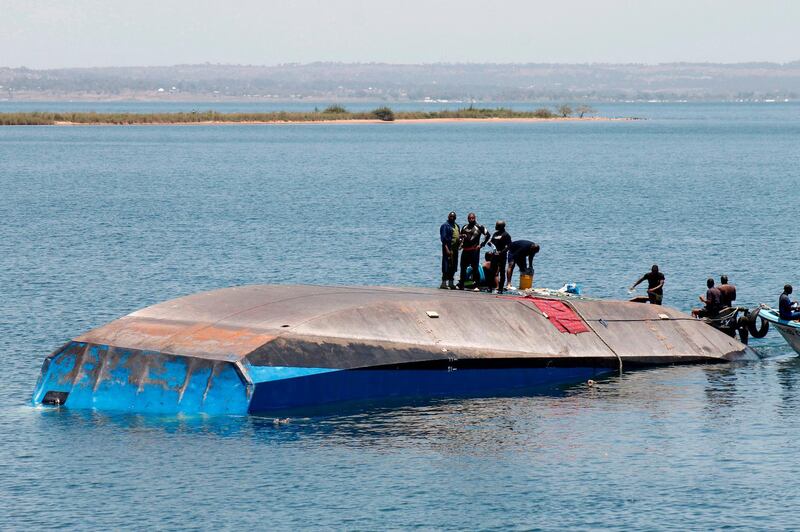I was appalled to read your sad report More than 100 dead in Tanzania ferry capsize on Lake Victoria (September 21).
Ferries are a common mode of transport in many countries in Asia, Africa and Latin America. Countries like Tanzania, Zanzibar, Myanmar, Philippines, Brazil and India all have ferry services in their interiors. In countries on the Amazon like Peru and Brazil, there are not enough roads connecting villages located in forests. Ferries are the only mode of transport in these dense river states. The ride on the ferry becomes very rough during monsoons when it is raining heavily.
I have had to travel on them occasionally when working in the rural markets. I was always petrified for I observed that many ferries did not have adequate lifejackets and were very crowded. Many also carried animals and birds like sheep, and chicken.
Ferries which carry passengers should be required by law to carry lifeboats for all passengers. The transport should be highly regulated and should undergo periodic safety inspections. Government inspectors should be posted at all ferry operating points to ensure that safety norms are never flouted.
Rajendra Aneja, Dubai
Air passenger safety must always come first
In reference to the recent mid-air drama on Jet Air in India (Jet Air flight returns to Mumbai with passengers suffering nosebleeds after 'crew pressure error', September 20), I was concerned to read that purely because of the negligence of crew members, who failed to flick a switch in the cabin, passengers had to suffer nosebleeds and a few were more seriously affected.
This latest development from the Indian airline should be investigated thoroughly. Authorities should inquire and suspend crew members who are responsible for this.
Air travel of late has become extremely tough for passengers. The aviation body should take proper action and warn Jet Air to ensure such incidents don’t re-occur in future. This is a sad state of affairs.
K Ragavan, Bengaluru
Rail project will help pilgrims worship safely and with ease
The Association of British Hujjaj (Pilgrims) UK would like to extend its congratulations to the Kingdom of Saudi Arabia on the opening of the Haramain high speed rail on October 1.
We congratulate the minister of transport, Dr Nabil bin Muhammed Al Amoudi, on the hard work and effort which has been made to facilitate Hajj and Umrah arrangements for pilgrims from around the world.
This prestigious project will significantly improve transport connections between Jeddah, Makkah and Medina and will especially ease the strain on the Makkah-Medina highway.
The journey of more than 300 kilometres takes more than five hours.
The long distance covered by drivers in hot weather, sometimes suffering from lack of sleep and rest, can be lethal.
Our association is optimistic that the Haramain railway project will help reduce the number of accidents and enable millions of pilgrims to complete their journey in two hours instead of six, safely and in comfort.
Khalid Pervez, chairman, Association of British Hujjaj, UK





